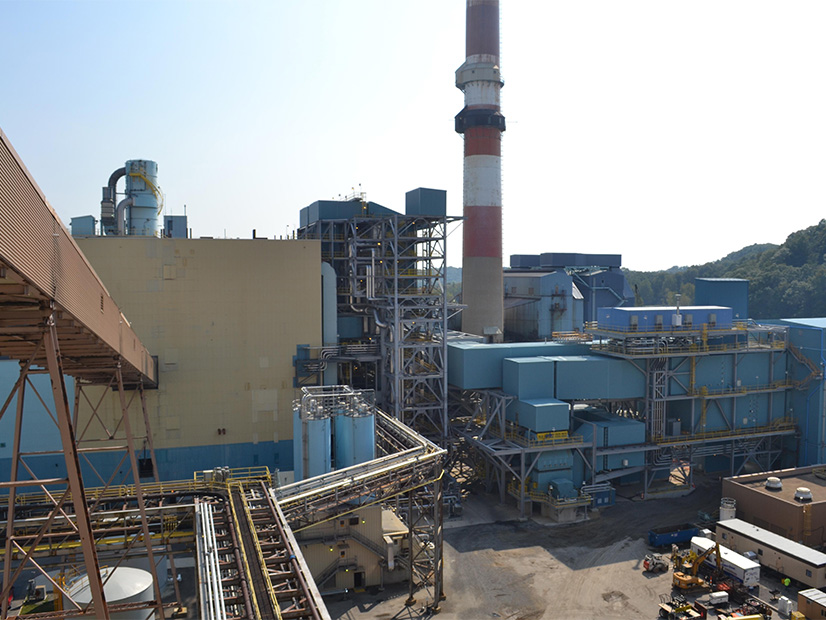LANSING, Mich. — The Michigan Public Service Commission approved CMS Energy’s integrated resource plan Thursday under an agreement that will end the company’s use of coal-fired generation by 2025 and boost development of renewable resources and electric storage.
The commission’s order finalized a settlement announced in April (Case U-21090). (See Consumers to End Coal by 2025 in IRP Deal with Mich. AG.)
Consumer groups and environmentalists praised the order as a historic moment for CMS (NYSE: CMS), which got almost 35% of its power from coal last year.
Environmentalists and community groups also said they would continue to push CMS to stop use of a wood-burning plant and to take more steps toward environmental justice.
The agreement calls for CMS to close three coal units at the J.H. Campbell plant in Ottawa County in 2025. It also approves CMS’s purchase of the natural gas-fired Covert Generating Station in Van Buren County. The agreement also requires CMS to keep its D. E. Karn Complex, powered by natural gas and fuel oil, running until 2031 instead of its initial 2023 planned closure.
The agreement also expects CMS to add up to 8,000 MW of solar power by 2040 and 75 MW of energy storage by 2027, with 550 MW of storage by 2040.
“The clean energy plan is a sea change that positions our company as a national leader and empowers us to deliver reliable energy while protecting the planet for decades to come,” said Garrick Rochow, CEO of Consumers Energy, CMS’ main subsidiary.
CMS executives also said the agreement would save ratepayers $600 million in energy costs over the 20-year life of the plan.
In approving the plan, the PSC ordered CMS to conduct “added analysis” in its next IRP, including total emissions, the effects of particulate matter on health, an environmental justice tool, low-income energy efficiency participation rates and rooftop solar adoption rates.
Among activists involved in the decision, Nayyirah Shariff of Flint Rising said the decision inspired her group, and that group members would continue efforts to shut down a CMS wood-burning plant and incinerator in Flint.
Derrell Slaughter, the Michigan Clean Energy Advocate for the Natural Resources Defense Council, said the agreement was a “significant step” in Michigan’s fight against climate change.

